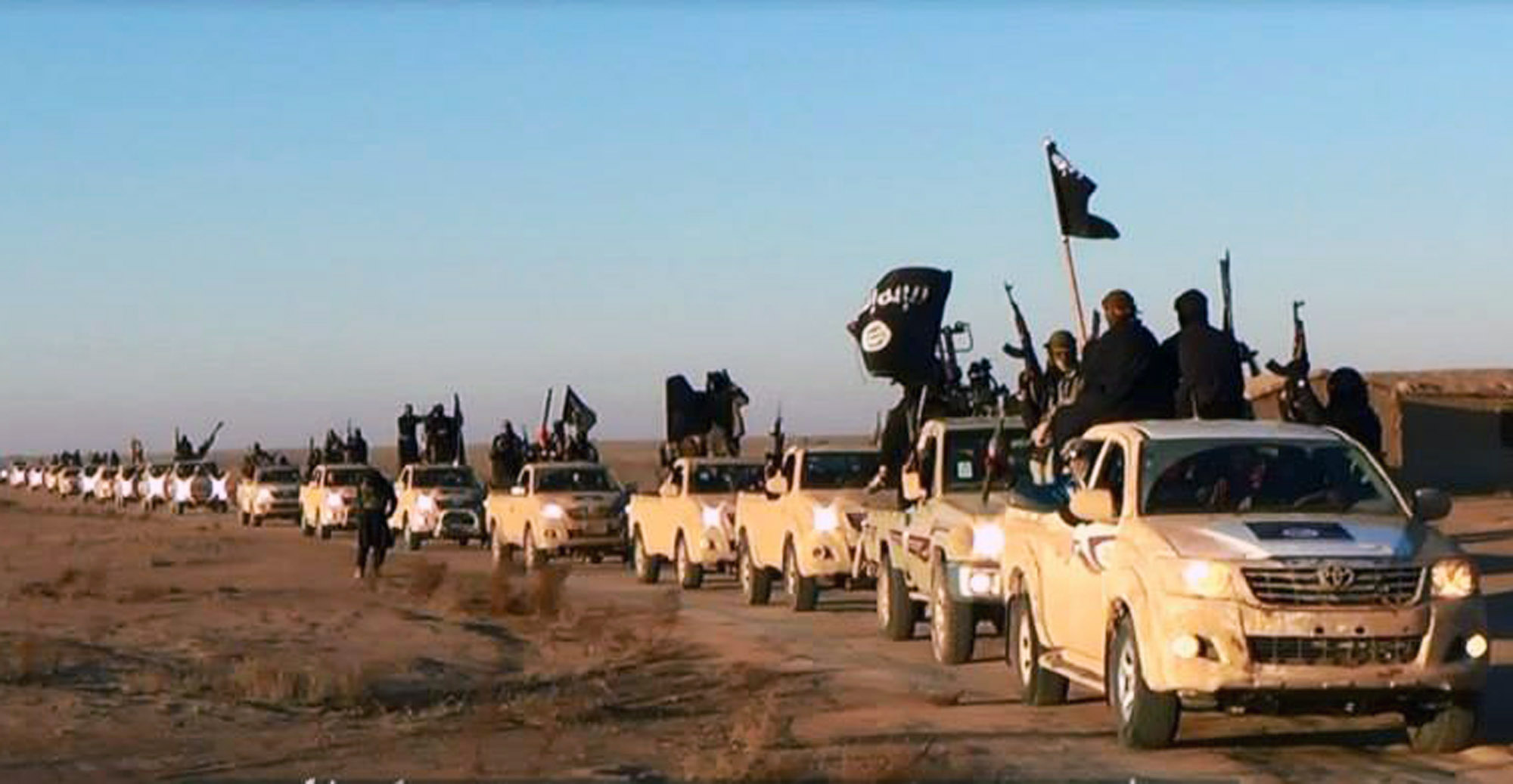Terrorism
Roots of violence

Our immediate response to the Paris attacks is our latest blog post. It states that the EU should act in solidarity with refugees from Muslim countries who flee from ISIS violence.
Last weekend, Ute Schaeffer assessed options to counter the media strategy of ISIS.
In September, we posted a multi-facetted briefing on political Islam. It includes all relevant contributions we published on the matter in the past 24 months, and some of the content deals explicitly with ISIS. For instance, Loay Mudhoon assessed the ideological roots of ISIS in an interview, and Thomas Birringer described how ISIS is benefiting from the defeat of the Muslim Brothers. Eva-Maria Verfürth and Theresa Krinninger discussed recruiting strategies of ISIS in shorter articles.
Other contributions are indirectly linked to ISIS terror. For instance, Emmanuel Kisiangani gave an in-depth overview of Al-Shabaab violence in eastern Africa, and Maryam S. Khan summed up how fundamentalist ideology has shaped the idea of the Pakistani nation. Mona Naggar reported on dysfunctionally faith-based politics in Lebanon.
Islam is an important world religion. It is not destructive in itself. Martina Sabra, Nabiela Farouq and Ulrich Nitschke spelled out why Muslim organisations can be strong partners for international development agencies.










